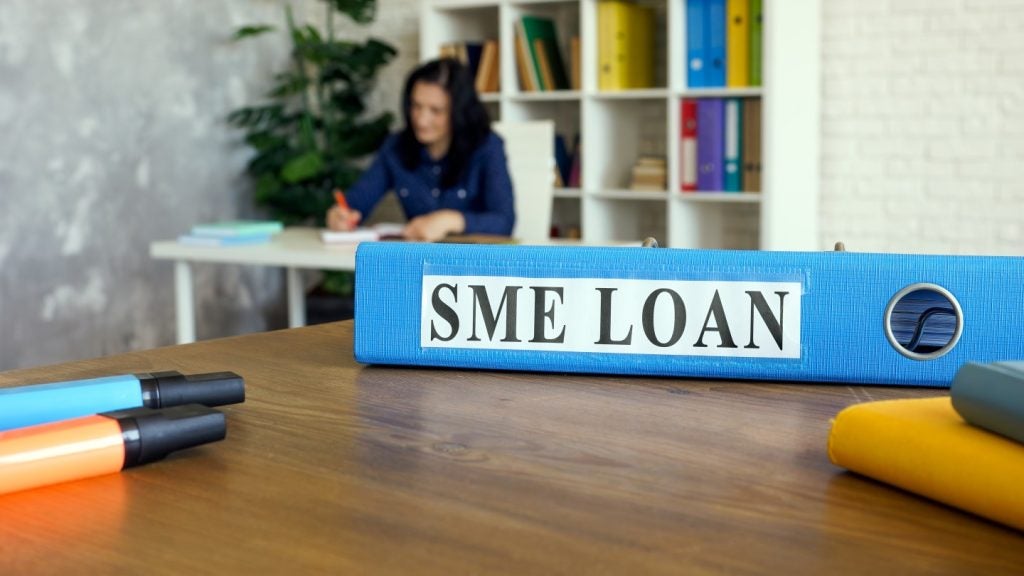Most equipment manufacturers may be bracing for lower demand as
the global economy slows down. But with the world on the brink of a
food crisis and leaders pledging billions in support of
agricultural development, the outlook for Claas KG aA mbH, the
German producer of crop harvesters, looks bright, at least for the
short term.
“The horizon is looking very good when we look at signals from
the market nevertheless, although we will never forget that it’s a
cyclical industry,” said Claas’ head of Treasury and Sales Finance,
Hans-Joerg Mast.
This buoyant outlook is a positive indicator for Claas Financial
Services (CFS), the 40:60 joint venture between Claas and BNP
Paribas Lease Group. In 2007, CFS reported an outstanding portfolio
of €600m in finance deals for Claas’ core European markets. The
bulk of these deals are secured lending agreements with payments
structured to suit the seasonal nature of farming cash flows.
Above that total, Mast estimated a further €300m in financing
transactions was originated through external agreements not
involving CFS.
 Last year, the Claas group reported €175.8m in pre-tax
Last year, the Claas group reported €175.8m in pre-tax
income, up 35 per cent from the previous year. While it does not
report on the financial performance of associate companies, its
annual report notes that income contributions from units of CFS
contributed significantly to profit growth.
To provide further financial details for CFS, Mast hinted at
greater financing opportunities as the profile of capital budgeting
for agricultural equipment is beginning to change.
“There is a change of paradigm in the sense that agricultural
equipment has moved from an extensive investment approach to an
intensive investment approach,” he said.
“In the past people have tried to use the existing equipment
longer than was technically predicted, [but] now they are using the
equipment to the extent of their peak efficiency, usually for up to
three to four years.”
Also, it is imperative today for farmers, in the context of high
commodity prices, to harvest the most they can. Doing this requires
having state-of-the-art equipment. If, however, equipment is
inferior in quality then companies will lose the opportunity to
make decent profits out of the current food price crisis, Mast
explained.
Furthermore, there is still room to increase the penetration
rate of finance for agricultural machinery, which is still low
relative to other wheeled assets such as materials handling or
construction equipment.
Claas is also tapping growth in emerging European markets,
particularly in Russia where the market for harvesters and tractors
has the potential to grow to become as large as the US. Claas has
announced it will double the production capacity of its plant in
Krasnodar, southern Russia.
Financing in Russia is provided through cooperation with Russian
agricultural banks and some assistance from German and French
export credit agencies, Mast said.







